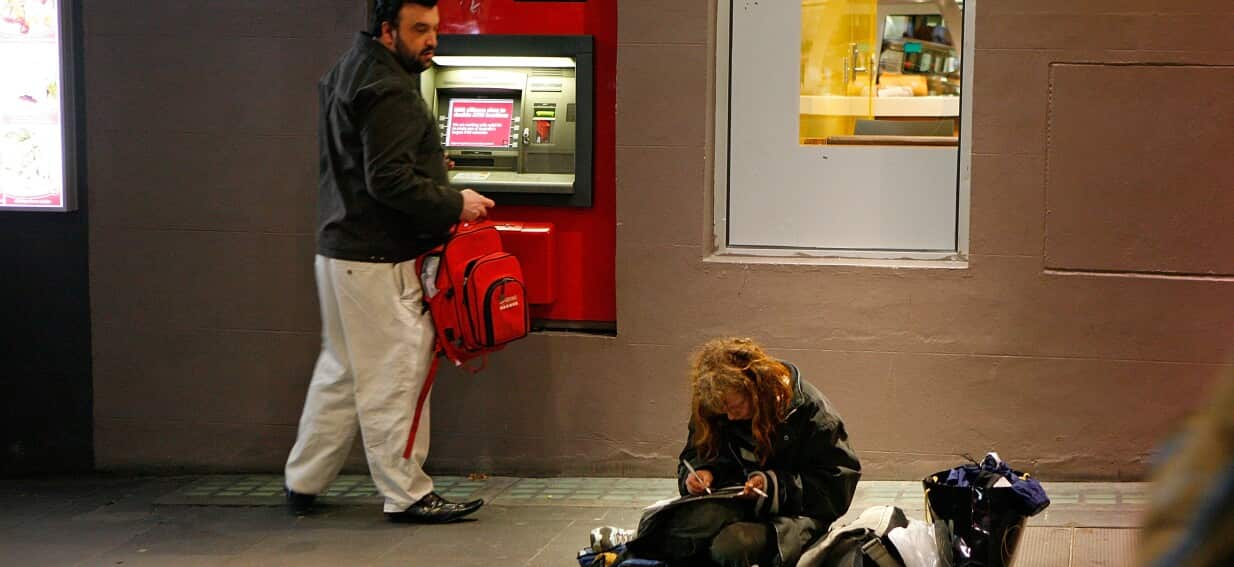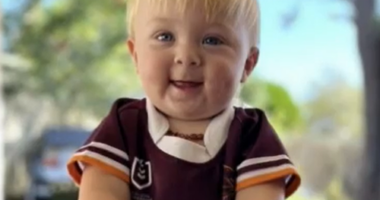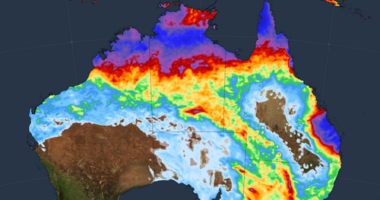Share this @internewscast.com

This article contains references to rape/domestic violence/sexual assault/child abuse/abuse.
Australians are being urged to recognise the link between domestic violence and homelessness, an issue impacting more than 65,000 women each year.
Homelessness does not discriminate in Australia but is often gendered, with advocates calling for solutions that recognise its link with domestic violence.
Domestic and family violence is the leading cause of homelessness across Australia, impacting almost 67,000 women every year.
Housing services and women’s shelters cannot keep up with demand, and turn away half of them.
“Every woman we turn away isn’t just a statistic; she has her own life and her own story,” Women’s Community Shelters chief executive Annabelle Daniel said.
“Until every woman and child has a safe bed when they need one, the cycle of crisis and homelessness will continue. Safe beds save lives.”
A new community precinct in the most disadvantaged area in NSW hopes to tackle the homelessness crisis in the area.
Fairfield is ranked as the most disadvantaged local government area of NSW in Australian Bureau of Statistics data, with an estimated homeless population of more than 1,500.
Oakdene House Foundation will open a laundrette in Fairfield, adding to its existing ladies boutique and kitchen, to support those facing financial hardship, homelessness or fleeing domestic violence.
The laundrette aims to offer a neat, accessible, and respectable environment, featuring top-notch washers and dryers. Additionally, the organization intends to create a men’s clothing collection to cater to the evolving requirements of the community.
On World Homeless Day, acknowledged on October 10, research has revealed widespread misconceptions in how Australians understand homelessness.
While more than 60 per cent of Australians can identify at least one element of the official ABS definition of homelessness, only 10 per cent feel very confident in correctly defining it, according to a study by homeless charity Orange Sky.
“Homelessness in Australia doesn’t discriminate and is often hidden,” Orange Sky chief executive Lucas Patchett said.
“It’s stereotyped as someone who is sleeping rough, but the reality is it impacts people in a variety of ways: families in overcrowded housing, young people couch surfing and people cycling through insecure, short-term accommodation, just to name a few.”
If you or someone you know is impacted by family and domestic violence, call 1800RESPECT on 1800 737 732, text 0458 737 732, or visit 1800RESPECT.org.au. In an emergency, call 000.












